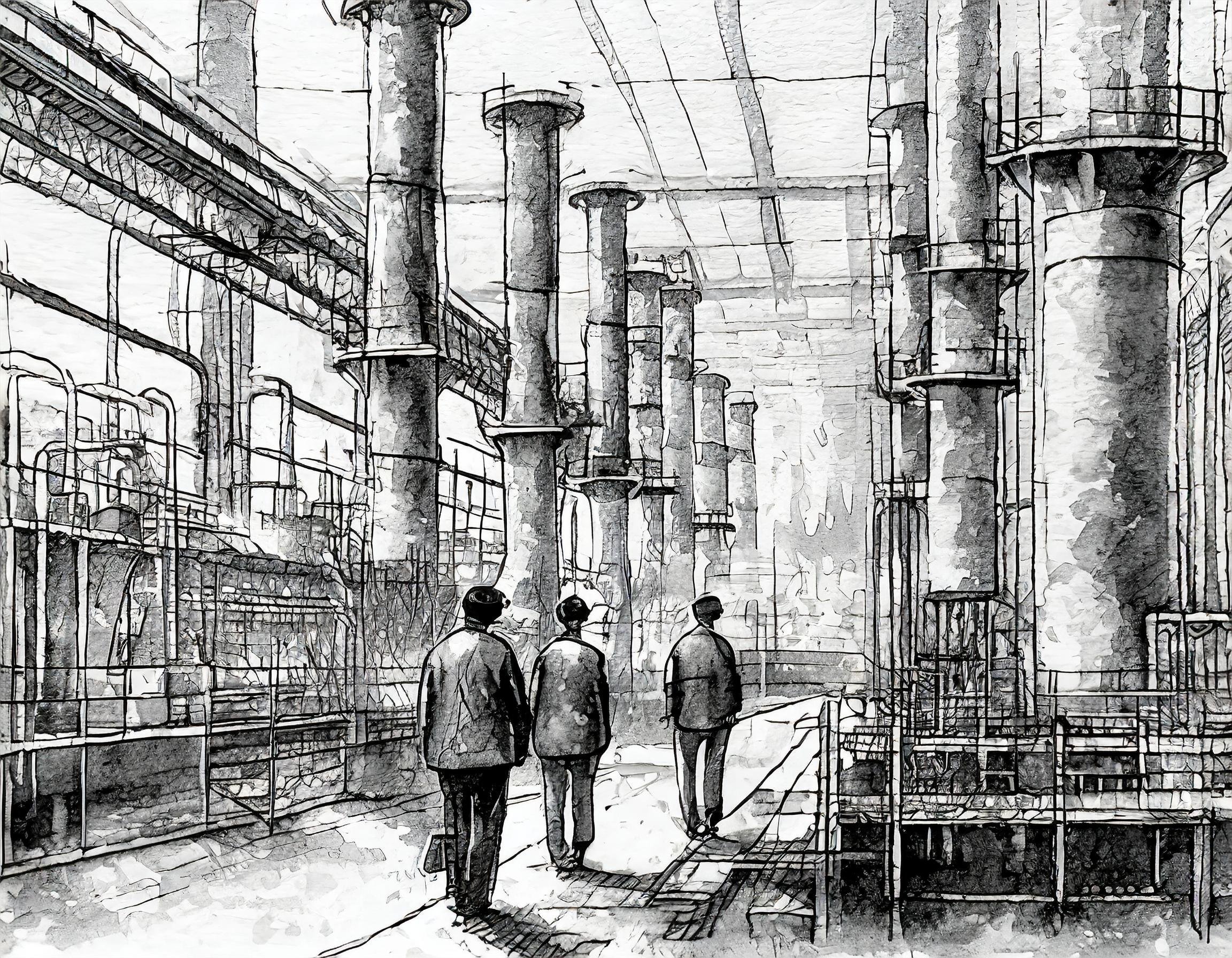Our father had taken a courageous step and broken the eternal cycle of ‘once a miner, always a miner.’ He was now working in a distant plant as a chemical worker.
This post has been moved. Please follow us on Medium to read and/or listen (!) to it in full.
The Bright Side of the Doom, a Prequel to 1984, The 18-Year-Old Who Wrote a Note and Disappeared is now available worldwide in bookstores as a hardcover, paperback, and e-book‼️
